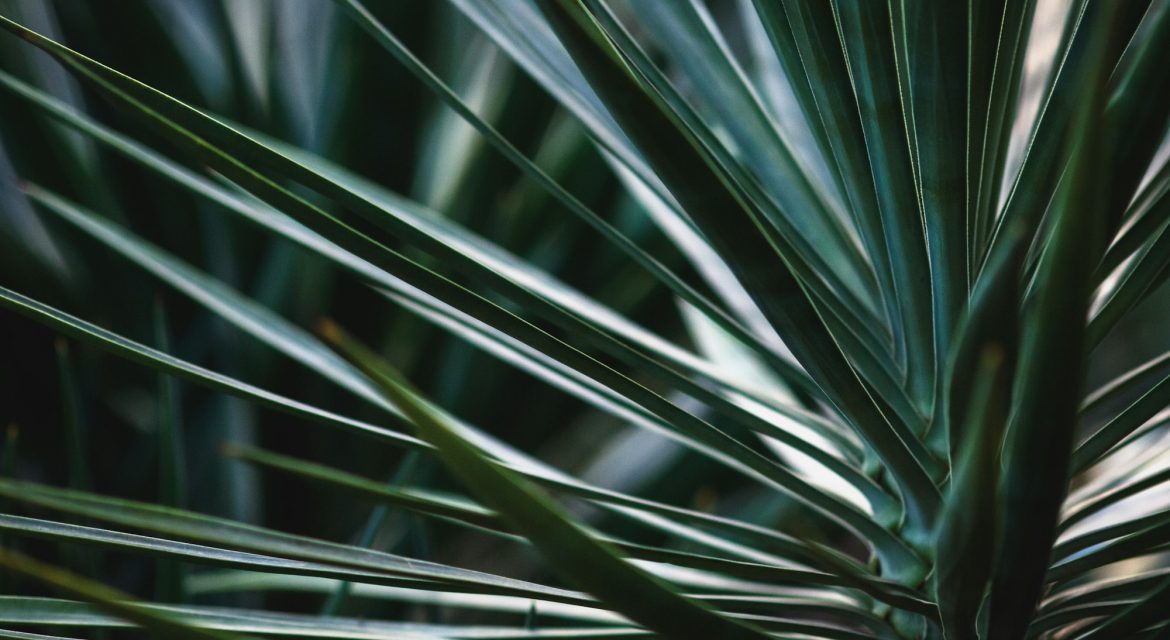Learn about the Unique Features and Maintenance of this Striking Plant
The Yucca Rostrata, also known as the Blue Beaked Yucca, is a stunning plant that is native to the Chihuahuan Desert of northern Mexico. This slow-growing plant is prized for its unique features, including its blue-green leaves and tall, branching inflorescence. In this guide, we’ll cover everything you need to know about growing and caring for this striking plant, from its history and unique features to its care requirements and potential problems.
History and Features of the Yucca Rostrata
The Yucca Rostrata has a long and rich history in its native range, where it has been used for centuries by indigenous people for its various medicinal and practical applications. In modern times, this plant has become a popular ornamental addition to gardens and landscapes around the world, prized for its unique features and low-maintenance nature.
One of the most striking features of the Yucca Rostrata is its blue-green leaves, which grow in a rosette pattern and can reach up to 3 feet long. The leaves are stiff and pointed, with a sharp tip that gives the plant its common name, Blue Beaked Yucca. In the summer, the plant produces a tall, branching inflorescence that can reach up to 8 feet tall, covered in small white flowers.
Caring for Your Yucca Rostrata
The Yucca Rostrata is a hardy and low-maintenance plant that is well-suited to a variety of growing conditions. Here are some tips for caring for your plant:
- Light: These plants prefer full sun to partial shade. Place your plant in a location that receives at least 6 hours of sunlight per day.
- Water: Yucca Rostrata is drought-tolerant and prefers dry soil. Water only when the soil is completely dry, typically every two to three weeks. Be careful not to overwater, as this can lead to root rot.
- Temperature: These plants are hardy to USDA zones 5-10, and can withstand temperatures as low as -20 degrees Fahrenheit. Protect your plant from extreme temperature changes and frost damage.
- Soil: Yucca Rostrata prefers well-draining soil that is low in organic matter. Use a cactus-specific soil mix or make your own by combining sand, perlite, and peat moss.
- Fertilizer: During the growing season (spring and summer), it’s recommended to fertilize your plant every two weeks with a balanced fertilizer. Reduce or eliminate fertilizer during the winter months when the plant is dormant.
Potential Problems with Your Yucca Rostrata
While the Yucca Rostrata is generally a hardy plant, there are a few potential problems to watch out for. Here are some common issues and how to address them:
- Overwatering: Overwatering can lead to root rot, which can be fatal to your plant. Make sure the soil is completely dry before watering and avoid watering too frequently.
- Pests: Common pests that can infest yucca plants include grubs, spider mites and scale insects. Remove pests with a gentle spray of water or by wiping the leaves with a damp cloth. You can also use an insecticidal soap to help control the infestation. We use a grub killer in the spring to get rid of these pests that can consume the roots and burrow into the trunk.
- Pruning: Pruning is not necessary for the Yucca Rostrata, but you may choose to remove any dead or damaged leaves or inflorescences. Use a clean, sharp pair of scissors or pruning shears to avoid damaging the healthy parts of the plant.
- Transplanting: The Yucca Rostrata has a deep taproot, so it is not recommended to transplant it once it has established. If you need to transplant your plant, do so in the spring before new growth begins, and be careful not to damage the roots.
The Yucca Rostrata is a unique and striking plant that is easy to care for and makes a beautiful addition to any garden or landscape. With its blue-green leaves and tall, branching inflorescence, this plant is sure to turn heads and impress visitors. By following the care tips outlined in this guide and keeping an eye out for potential issues, you can ensure that your Yucca Rostrata thrives and adds beauty to your space for years to come.





